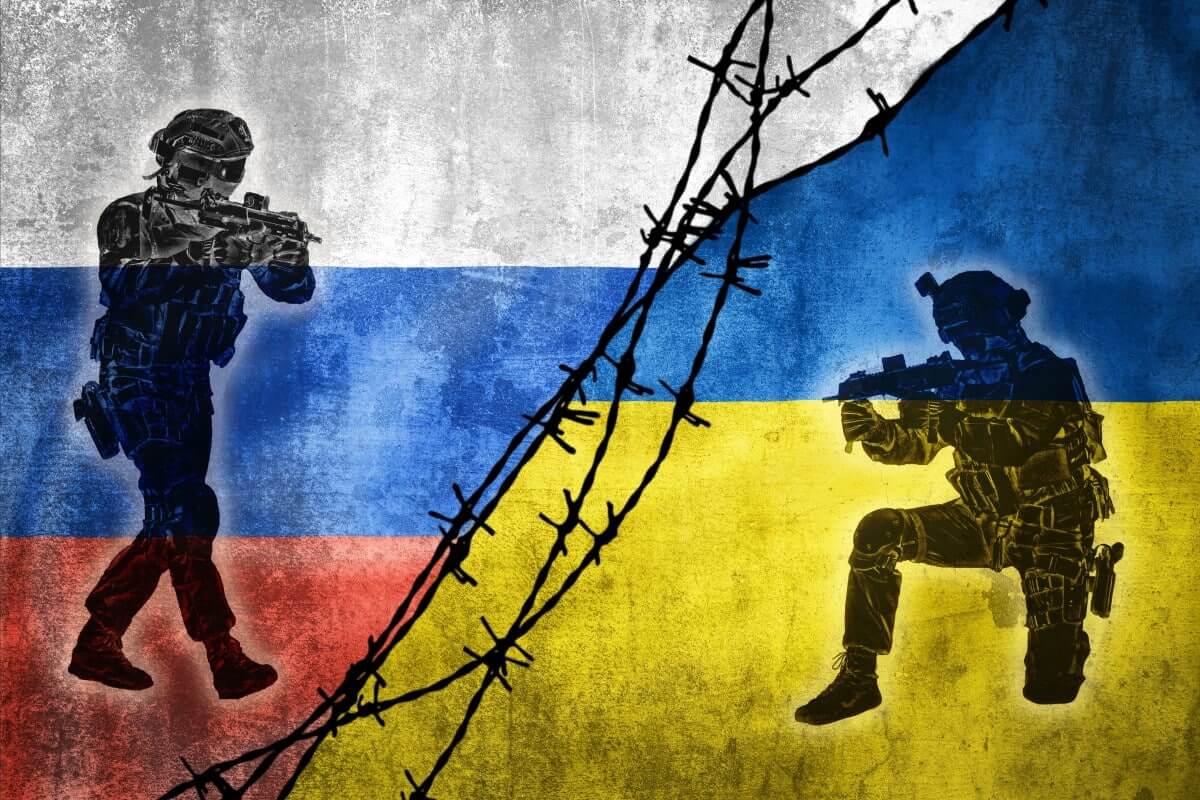
Russia’s Invasion of Ukraine Threatens Global Food Security
Last summer, the United Nations and Turkey brokered a breakthrough accord between Ukraine and Russia. It has not only aimed to ease tensions but also facilitated the transportation of Russian food and fertilizer.
However, Russia insists that the provisions of the agreement have not been fully implemented, setting a deadline for its concerns to be addressed or risking a withdrawal. This brinkmanship tactic is not new, as Russia previously unilaterally decided to renew the deal for a shorter duration than outlined in the agreement.
Impact on Global Food Security
UN officials and analysts express concerns about the potential consequences of failing to extend the Black Sea Grain Initiative. Countries in Africa, the Middle East, and parts of Asia heavily rely on Ukrainian wheat, vegetable oil, barley, and other affordable food products. With the devastating effects of drought already taking a toll, the discontinuation of the grain deal could exacerbate the global food crisis and lead to higher prices. Unfortunately, the relief brought by the agreement has not yet translated into tangible benefits for consumers.
Last week, negotiators convened in Istanbul, but limited progress was made. Ukrainian Deputy Prime Minister Oleksandr Kubrakov proposes extending the grain deal for a longer duration to foster market stability and confidence. In contrast, Russia opposes broadening or indefinitely expanding the agreement. Kremlin spokesman Dmitry Peskov confirmed ongoing discussions but stated that a decision had not been made yet, leaving the future of the deal uncertain.
Russia’s Posturing and Concerns
While negotiations continue, Russia is swiftly exporting its bumper wheat harvest through alternative ports, which has raised concerns among critics. They argue that Moscow’s actions may be a form of posturing or an attempt to gain concessions in other areas, such as Western sanctions. Furthermore, joint inspections of ships, crucial to ensuring that vessels carry only food and not weapons, have decreased in frequency. This decline has fueled doubts about Russia’s commitment to the agreement.
Russia has presented a list of demands that include the restoration of foreign supplies of farm machinery. First, the nation insists on lifting restrictions on insurance and access to foreign ports for Russian ships and cargo. Besides, they want to resume the operation of a pipeline for Russian ammonia exports. They also demand removing restrictions on financial activities related to Russia’s fertilizer companies.
Lastly, they are asking doe regaining access to the international SWIFT banking system for the Russian Agricultural Bank. These demands suggest that Russia seeks broader concessions beyond the scope of the grain deal itself.
Global Implications and Market Dynamics
The United Nations acknowledges that while it is doing what it can, the ultimate solutions lie within the private sector. The Black Sea Grain Initiative has facilitated the shipment of over 30 million metric tons of Ukrainian grain. For the most part, this is a benefit for developing nations.
Russia’s argument is that the food primarily reaches developed nations, not the poorest countries. Such a stance definitely causes some contrasting viewpoints. UN Secretary-General Antonio Guterres highlights the positive impact of lower food prices for all nations, regardless of their development status.




